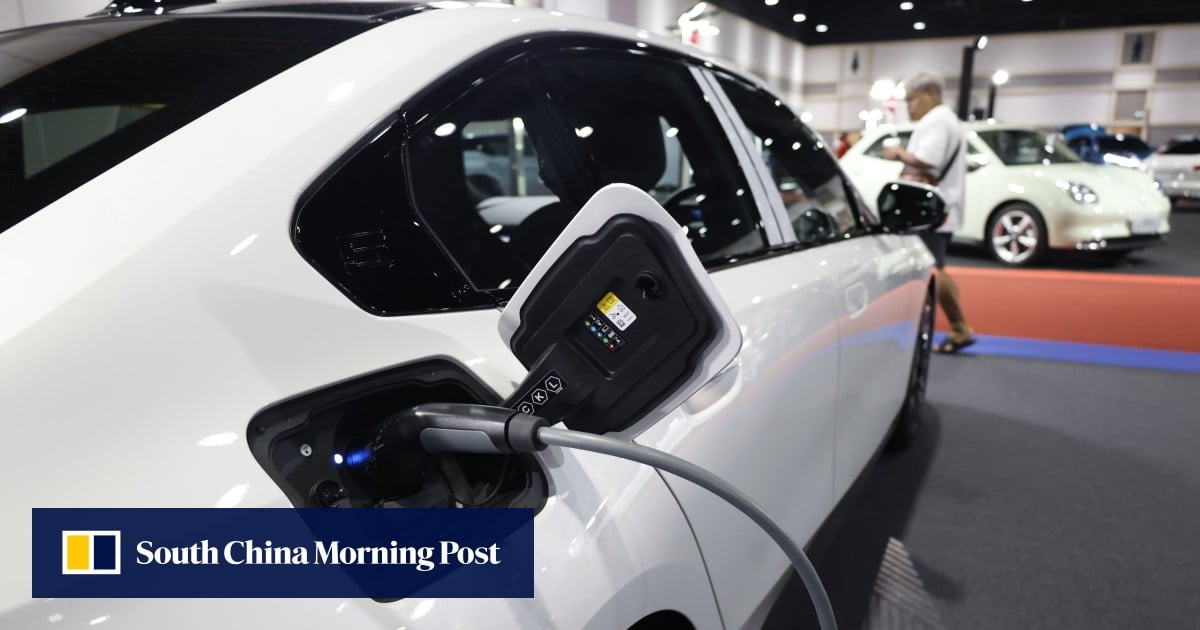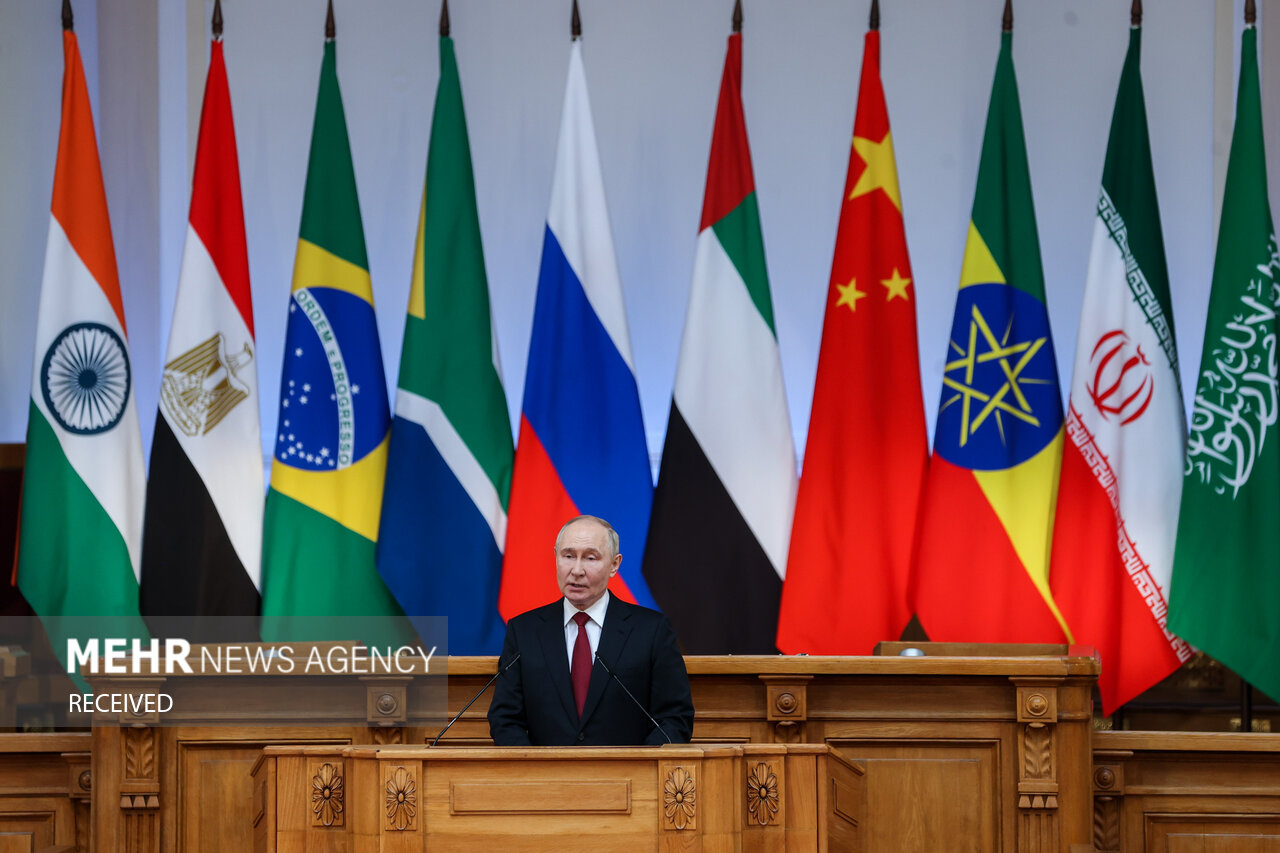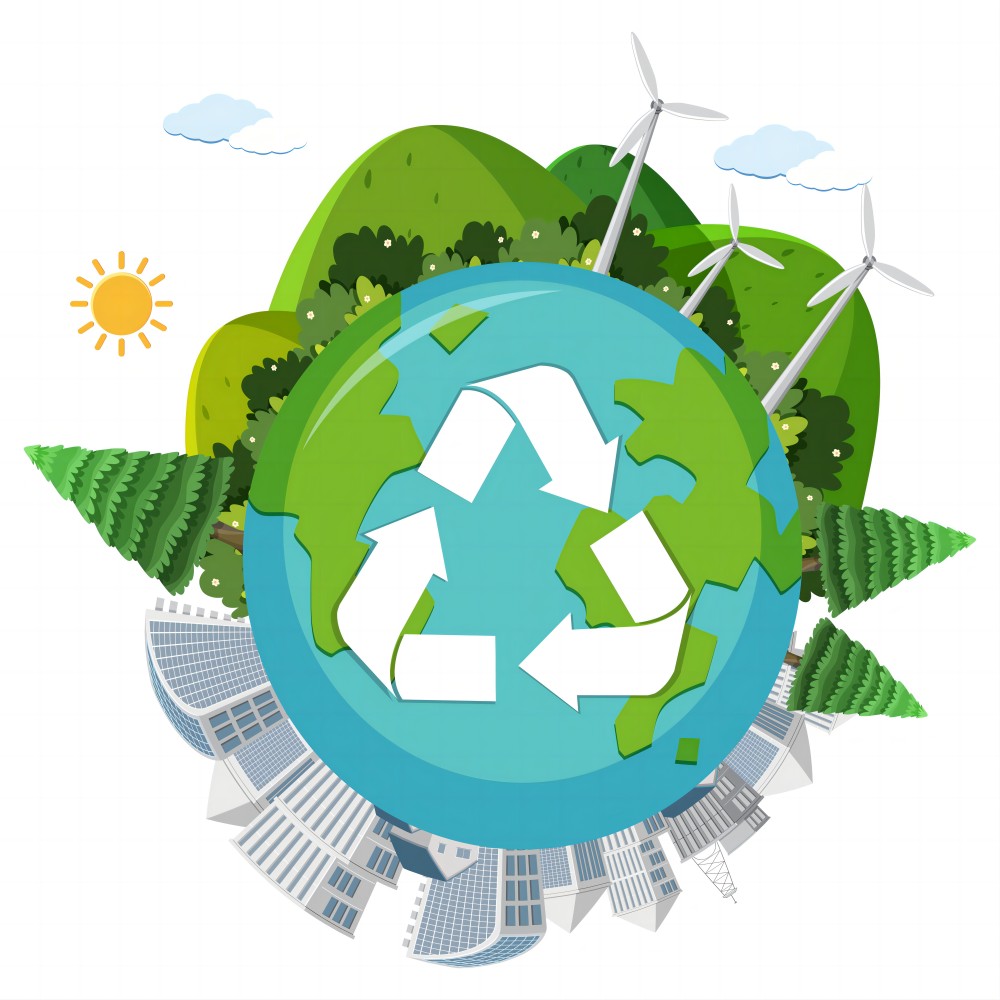Southeast Asia, known for its lush landscapes and diverse cultures, could be on the brink of a green energy revolution powered by distributed energy resources (DER) such as rooftop solar panels and electric vehicles (EVs). Gabrielle Kuiper, a distributed energy resource specialist at the Institute for Energy Economics and Financial Analysis (IEEFA), foresees these technologies potentially contributing up to half of the region’s renewable energy output.
Harnessing Distributed Energy Resources
DER encompasses small-scale units of power generation or energy storage, including rooftop solar panels, EVs, and battery storage units. These resources offer flexibility and efficiency, allowing for localized energy management and consumption.
Kuiper emphasizes the transformative impact of DER systems, unlocking billions of dollars in renewable energy potential and steering the region towards its clean energy objectives. The economic benefits of DER systems are evident, with projections estimating substantial economic gains by 2040.
The Role of Electric Vehicles
Electric vehicles emerge as pivotal components of DER systems, functioning as distributed battery storage units. As the majority of distributed battery storage in the future, EVs have the potential to revolutionize energy consumption patterns.
Kuiper highlights the resilience of DER systems, citing instances where residents utilized home and EV batteries to aid neighbors during climate-related disasters.
Overcoming Technical and Regulatory Hurdles
Despite their potential, technical standards and regulatory frameworks remain barriers to realizing the full benefits of DER systems. Tim Buckley, director of the Climate Energy Finance think tank, advocates for regulatory reforms to scale up the adoption of rooftop solar panels and other DER technologies.
Supportive policies and mindset shifts among policymakers are essential for the widespread adoption of DER systems. Industry experts emphasize the importance of streamlining regulatory processes and incentivizing DER adoption to unlock their full potential.
Future Prospects in Southeast Asia
Expanding DER across Southeast Asia faces challenges such as land availability, financing, and grid infrastructure. Harjeet Singh, global engagement director for the Fossil Fuel Non-Proliferation Treaty Initiative, underscores the need for long-term targets, private sector involvement, and capacity building to realize the region’s green energy ambitions.
With strategic policies and concerted efforts, Southeast Asia could emerge as a beacon of sustainability, leveraging its abundant solar resources and embracing innovative DER solutions to address climate change challenges.
Source:scmp.com





